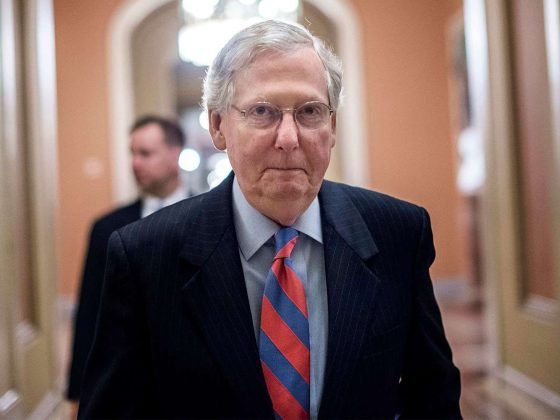
Leading governance adviser Institutional Shareholder Services (ISS) has recommended shareholders at UniCredit reject a proposed new pay package for CEO Andrea Orcel as well as the bank’s new incentive scheme.
After urging UniCredit shareholders to vote against Orcel’s remuneration when he first joined in 2021, ISS last year noted his package, especially a 15 million euro ($16 million) severance payment, remained of concern, stopping short of calling for a rejection.
But two years after hiring the former head of investment banking at UBS, UniCredit is now proposing hiking Orcel’s fixed salary by 30% while a corresponding increase in the variable pay would be tied to the group beating financial targets.
Hitting 2023 goals would leave Orcel with the same overall pay of up to 7.5 million euros as in 2022 thanks to a reduction in the compensation’s variable component, which will be all in shares and spread over a longer period.
“All in all, despite some positive changes, the 2023 group incentive system and the proposed amendments to the executive compensation framework do not warrant support,” ISS wrote in a report, a copy of which was seen by Reuters.
“The 30% fixed pay raise in favour of the CEO and the newly introduced discount on the conversion price of equity awards could lead to an excessive increase in the CEO total pay,” it added.
ISS noted the 2022 pay package did not “seem uncompetitive compared to peers,” with both the fixed-pay and the maximum remuneration well above the median of company-selected peers.
“With the 30% increase, Orcel’s fixed remuneration will be above the top quartile and 55% higher than the median … When looking at ISS-only selected peers, Orcel will remain the CEO with the highest pay opportunity.”
UniCredit’s remuneration committee, whose head Jayne-Anne Gadhia recently quit, engaged extensively with shareholders and proxy advisers in recent months over the pay policy – noting in its annual report that many investors criticised Orcel’s termination package.
“The company has not fully addressed the relatively high level of dissent on the termination payments proposal at the 2021 AGM,” ISS said.











